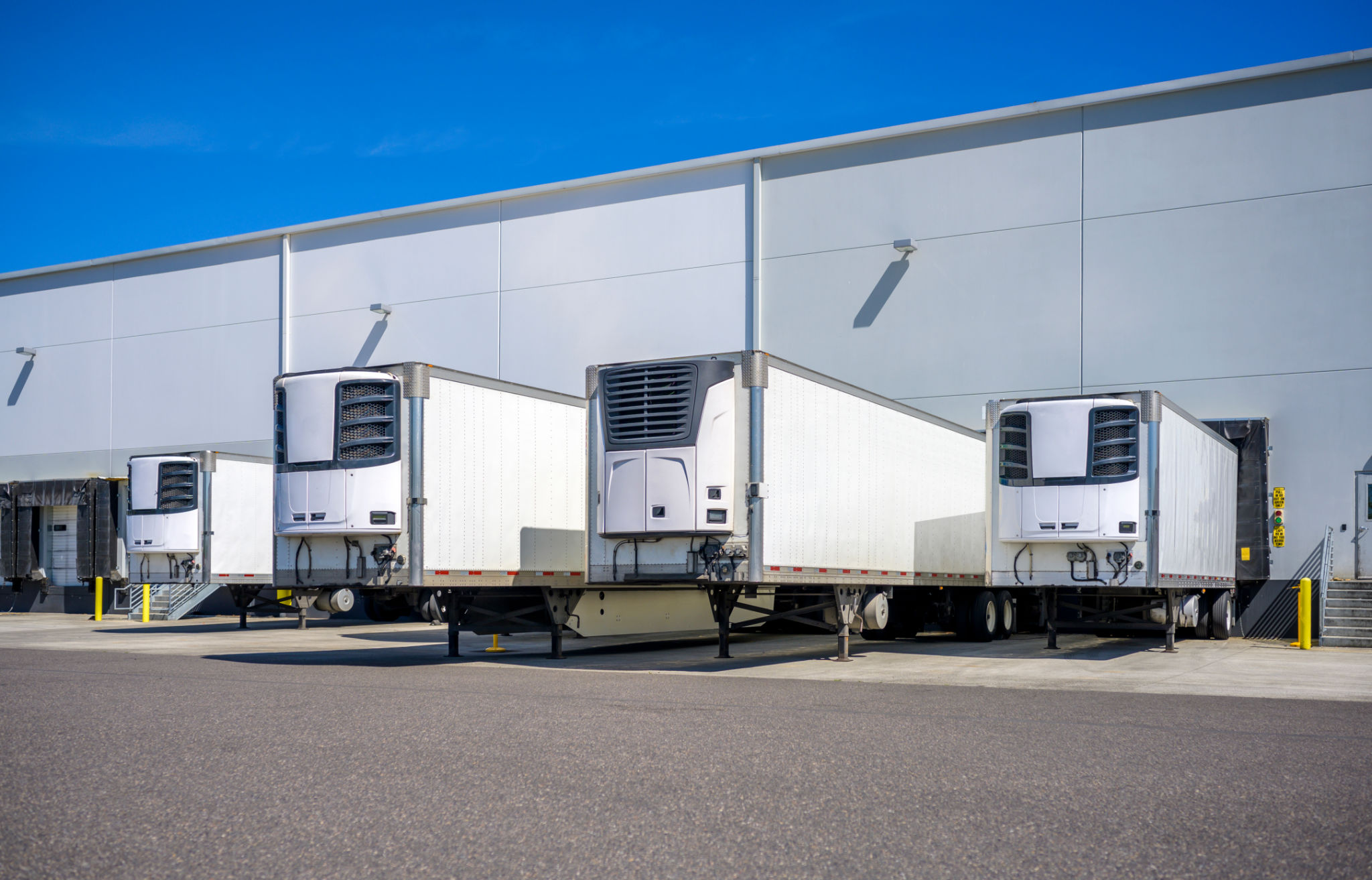Trailer Leasing vs. Buying: Which is Right for Your Michigan Business?
Understanding Your Options: Leasing vs. Buying
When it comes to acquiring a trailer for your Michigan business, choosing between leasing and buying can significantly impact your operational flexibility and financial health. Both options have their own advantages and potential drawbacks, making it crucial for business owners to assess their unique needs and long-term goals.

The Benefits of Leasing a Trailer
Leasing a trailer offers several advantages, particularly for businesses that prioritize flexibility and lower upfront costs. By opting for a lease, companies can maintain better cash flow since there is no need to make a hefty initial investment. This can be especially beneficial for startups or businesses looking to allocate resources to other growth areas.
Moreover, leasing allows businesses to upgrade to newer models more frequently. This ensures they have access to the latest technology and features without the hassle of selling an old trailer. Leasing agreements typically include maintenance and repair services, reducing the burden of unexpected expenses.

The Advantages of Buying a Trailer
On the other hand, buying a trailer can be a more cost-effective option in the long run, particularly for businesses with stable operations and long-term needs. Owning a trailer means you are building equity, which can be beneficial if you plan to sell the trailer in the future. Additionally, there are no restrictions on how you use or customize the trailer.
Buying is often preferable for businesses that plan to use their trailers extensively. Over time, the absence of ongoing rental payments can outweigh the initial purchase cost. Furthermore, owning your trailer provides complete control over its maintenance schedule and usage.

Financial Considerations: Leasing vs. Buying
The decision between leasing and buying also depends heavily on financial considerations. Leasing may require lower monthly payments but does not contribute to asset ownership. In contrast, buying involves a significant upfront expense but results in owning a valuable asset that depreciates over time.
It's essential to evaluate your business's financial capacity and cash flow needs when making this choice. Consider consulting with a financial advisor to understand the tax implications and long-term financial impact of each option.
Operational Flexibility and Control
Leasing provides businesses with operational flexibility, allowing them to scale up or down based on seasonal demands without being tied to a long-term asset. This is ideal for businesses in industries with fluctuating demand cycles.
Conversely, buying provides complete control over the asset. Business owners can modify or upgrade the trailer as needed without having to negotiate lease terms or adhere to return conditions. This control can be advantageous for businesses with specific customization requirements.
Making the Right Choice for Your Business
Ultimately, the decision between leasing and buying a trailer should align with your business objectives, financial strategy, and operational needs. Carefully weigh the pros and cons of each option and consider factors such as cash flow, asset utilization, and market conditions.
By taking a strategic approach and evaluating all aspects, you can make an informed decision that supports your business's growth and success in Michigan's dynamic market landscape.
